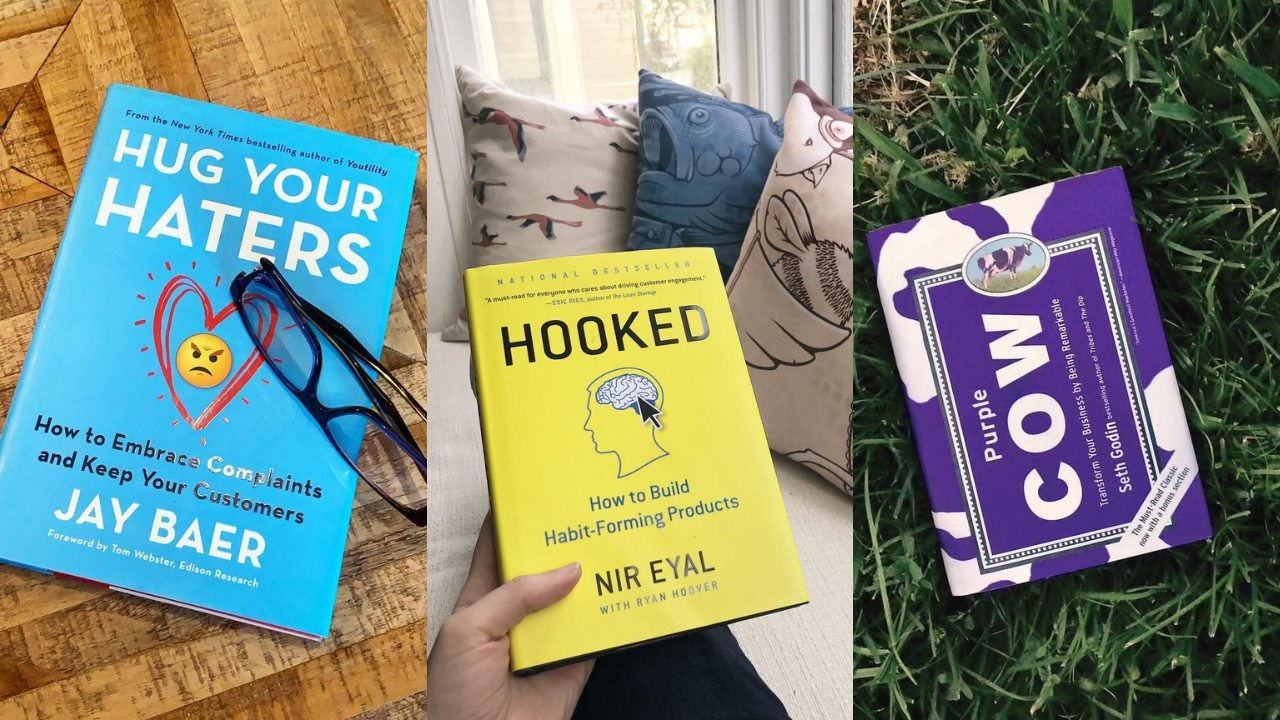In 2023, the marketing landscape shifted dramatically as artificial intelligence (AI) tools increasingly integrated into advertising, customer service, content creation, and decision-making processes. ChatGPT, powered by OpenAI, emerged as a frontrunner among the myriad AI platforms available. With its powerful natural language processing (NLP) capabilities, ChatGPT is poised to become the undisputed leader in AI adoption within marketing, reshaping the industry’s future in unimaginable ways.
The Early Dominance of ChatGPT
The AI tool market is competitive, but recent data shows ChatGPT commanding attention. According to Statista Consumer Insights, from November 2023, 55% of U.S. adults recognized ChatGPT, the highest awareness rate among AI tools. This popularity stems from the tool’s ability to engage in human-like conversations and provide real-time, tailored responses to user inquiries. Whether through email marketing automation, customer service chatbots, or dynamic content creation, ChatGPT has proven indispensable for marketing teams seeking efficiency without compromising personalization.
Not only does ChatGPT lead in awareness, but it also outpaces its competitors in terms of actual use. The same survey indicates that 59% of U.S. adults regularly use AI tools, with ChatGPT being the preferred platform. Its ease of integration into existing workflows and intuitive user interface have made it a go-to solution for marketers. Competing solutions like Google’s Bard and Microsoft’s Azure AI offer alternatives. Still, none match the flexibility and accessibility that ChatGPT provides, which are vital factors that could position it as the dominant player in this field.
ChatGPT’s Impact on Marketing Strategy
AI in marketing is no longer just about automating simple tasks like email scheduling or segmenting audiences; it’s about redefining how brands interact with consumers. ChatGPT has enabled brands to create hyper-personalized campaigns that adapt in real time to customer preferences. By processing vast amounts of data—ranging from social media interactions to purchasing behavior—ChatGPT can predict and respond to individual needs more effectively than traditional marketing strategies.
Consider its application in content creation. ChatGPT is used to write compelling blog posts, social media content, and email campaigns. What makes it revolutionary is the automation and the platform’s ability to produce human-like text that resonates emotionally with readers. This degree of personalization has led to increased consumer engagement, with early adopters reporting a 20% uplift in click-through rates, according to the same Statista report.
Furthermore, ChatGPT’s application in customer service has improved the customer journey. The tool enables businesses to offer 24/7 customer support without the overhead costs associated with human staff. Brands utilizing AI chatbots like ChatGPT have experienced a 40% reduction in customer service response time, contributing to higher customer satisfaction and loyalty.
Brand Loyalty and User Satisfaction
While many AI tools are available on the market, ChatGPT has built a strong base of loyal users. 53% of U.S. adults express satisfaction with its performance and ease of use. This high satisfaction rate highlights the platform’s user-centric design, emphasizing simplicity without sacrificing power.
Marketers who have integrated ChatGPT into their workflows report that the tool saves time and delivers better results. In the same survey, 60% of marketing professionals cited AI tools like ChatGPT as essential for scaling their operations without increasing headcount. This ability to scale efficiently has made ChatGPT a cornerstone in the strategies of both small businesses and large enterprises alike.
Brands across industries, from retail to finance, have begun experimenting with AI-generated marketing campaigns, testing their effectiveness against traditional methods. The results have been overwhelmingly positive, with companies seeing a 15-25% boost in campaign ROI when AI tools like ChatGPT were incorporated into their marketing mix, according to Visual Capitalist, 2023. This measurable success, combined with ChatGPT’s intuitive use, has fostered a sense of loyalty among its users, setting the stage for future growth.
ChatGPT dominance in marketing: The Competitive Landscape
Despite ChatGPT’s early success, it faces stiff competition from other AI tools, such as Bard and Jasper, each vying for market share. In the U.S., AI awareness across brands varies widely, but ChatGPT continues to lead the pack. Its natural language processing capabilities outshine competitors in generating conversational content, one of the most in-demand features for modern marketing.
As of late 2023, AI tools’ market share was divided across several key players, but ChatGPT’s rapid adoption has begun to disrupt traditional hierarchies. The tool has already captured a 30% share of the AI content creation market, dwarfing many of its competitors. With continued investment in AI, particularly in NLP and machine learning models, ChatGPT can potentially extend this lead, further establishing itself as the dominant platform.
However, the question remains: can ChatGPT maintain its leadership position amid the rising competition? Several factors suggest that it can. First, OpenAI’s commitment to improving ChatGPT’s capabilities, evidenced by regular updates and new features, ensures that the platform stays ahead of technological trends. Second, ChatGPT’s integration with widely used platforms like Slack, Microsoft Office, and Salesforce makes it easier for marketing teams to adopt the tool without overhauling their existing tech stacks.
The Road Ahead: AI’s Role in Future Marketing
AI will undoubtedly shape the future of marketing, and ChatGPT is well-positioned to lead that charge. With its unrivaled ability to generate real-time, personalized content and ease of integration across industries, ChatGPT has the potential to become an indispensable part of every marketer’s toolkit.
ChatGPT’s ability to synthesize data from multiple sources—whether web analytics, social media trends, or customer behavior—allows marketers to craft personalized campaigns at scale. In a world where customers expect tailored experiences, this capability is critical. As data collection becomes more sophisticated and privacy concerns grow, AI tools like ChatGPT will play an essential role in balancing personalization with privacy, helping brands comply with regulations while delivering meaningful consumer experiences.
Another area where ChatGPT could have a disproportionate impact is in predictive analytics. The platform can predict future trends by analyzing historical data and recommending marketing strategies. This forward-thinking approach could redefine how marketing teams allocate budgets, choose target demographics, and design creative campaigns. As marketers move towards a data-driven future, AI will become indispensable in delivering actionable insights and tangible results.
The Future of Marketing is AI-Driven
While numerous AI tools are available today, ChatGPT’s early adoption, ease of use, and ability to generate impactful results position it as the leader in the future of marketing. The data is clear: businesses integrating AI into their marketing strategies see higher engagement, loyalty, and ROI.
As we look ahead to the next decade, AI tools like ChatGPT will likely become ubiquitous in marketing and across all facets of business. The choice for brands seeking to stay competitive in this rapidly evolving landscape is clear: adopting AI, specifically ChatGPT, could be the key to unlocking sustained growth and innovation.




